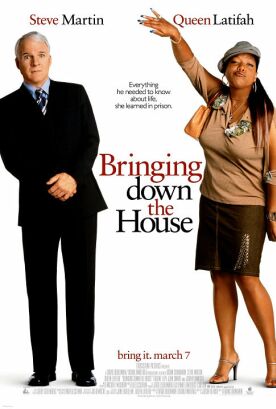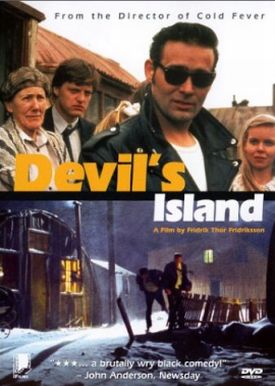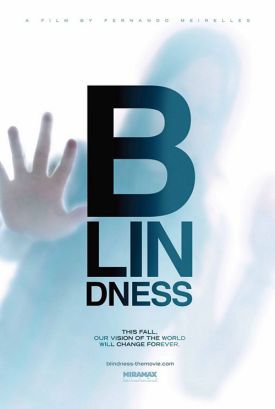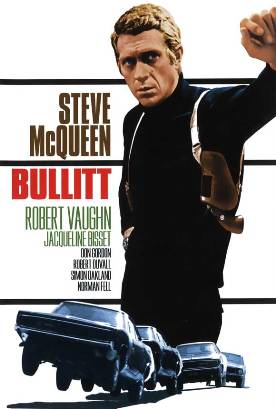Deliver Us From Eva
In Gary Hardwick’s Deliver Us From Eva, Eva (Gabrielle Union) is the eldest of the four beautiful Dandridge sisters who were orphaned as children. While holding down a job as a health inspector for the city of Los Angeles, Eva has raised her younger sisters (Essence Atkins, Robinne Lee and Meagan Good) and made sure they were educated and now is constantly nagging them into improving themselves and, more ominously, the men in their lives. She herself is too tart-tongued and strong-willed, it appears, to want a man of her own.
But the husbands and boyfriends of the other sisters (Mel Jackson, Duane Martin and Dartanyan Edmonds), who believe that “they would never stand up to us without Eva,” recruit Ray (LL Cool J) for $5000 to take her off their hands. Ray is said to be a “player,” which in street parlance means a ladies’ man, a heart-breaker, a love ‘em and leave ‘em type, and part of what, to the other men, is so piquant about the idea of his courting Eva is that he promises to leave her flat, as he has left so many others. For some reason, they think that Eva with a broken heart will be less likely to dominate her sisters and interfere in their own lives than Eva in a fulfilling relationship of her own with a man to whose sole improvement she can devote all her energies. I don’t quite understand it myself.
Anyway, the rest you can pretty much guess. Ray and Eva fall in love, even though she represents what he is supposed to reject: work and saving, cleanliness and sobriety, self-improvement all the traditional virtues once known as “bourgeois”— save chastity. And even in that respect, Ray learns that love “isn’t a virus that infects you, it’s a choice.” Well done, Ray! So he decides to stop being a player and settle down, and the other guys are furious with him, especially when they find out that Eva has been offered a job in Chicago and has decided to turn it down because of her new attachment to Ray. What he has done to them, they say, is “like stealing from your job; you embezzled the booty.” Why? Because “players don’t feel.” They all plead with Ray to dump her and remain true to his “player” ways, insisting that “men who get away with s*** are the backbones of this country.”
“Yeah, life, liberty and getting away with s***.”
Naturally there is a subtext here. Without realizing it, perhaps, these more or less domesticated and prosperous young black men are expressing the contradiction between the ghetto ethos, the morality of the “player,” and those more conventional, mainstream values that they have taken on — as usual, through their womenfolk — almost without realizing it as they have moved into the economic mainstream. Their concern is really less with getting rid of Eva than it is with preserving their fantasy of Ray the rogue and outsider, the guy who gets away with s***, and with him the chance of vicarious escape from the bonds of what Alfred P. Doolittle called “middle class morality.”
So far, there is an almost mythic dimension to this parable of upward mobility. In its purposes, if not its methods, it could be said to resemble Richard Wagner’s music-dramas in the cycle, Der Ring des Nibelungen. But here there is no tragedy or heroism, only farce as the three men kidnap Ray and stage his death so that Eva will go to Chicago after all. Ray escapes and turns up at his own funeral, where he makes a clean breast, telling Eva all about his accepting money from the others to court her. Of course, she is outraged, spurning him from her, and flounces off to Chicago. Thence Ray pursues her with a determination to win her back that makes him sound suspiciously like a stalker.
It is one of several wrong notes. Also LL Cool J’s idea of acting is to put on a beatific smile while looking as cool as he possibly can. This, perhaps, is how a player is meant to look, but we need his character to be more than an icon. I myself found the stream of bawdy, ghetto-style humor, for which the rest of the movie often seems like little more than an excuse, fatiguing and unfunny, but it may be a sign that the film-makers, like their heroes, are nostalgic for the sexual freedom of society’s lower depths.
Discover more from James Bowman
Subscribe to get the latest posts to your email.








